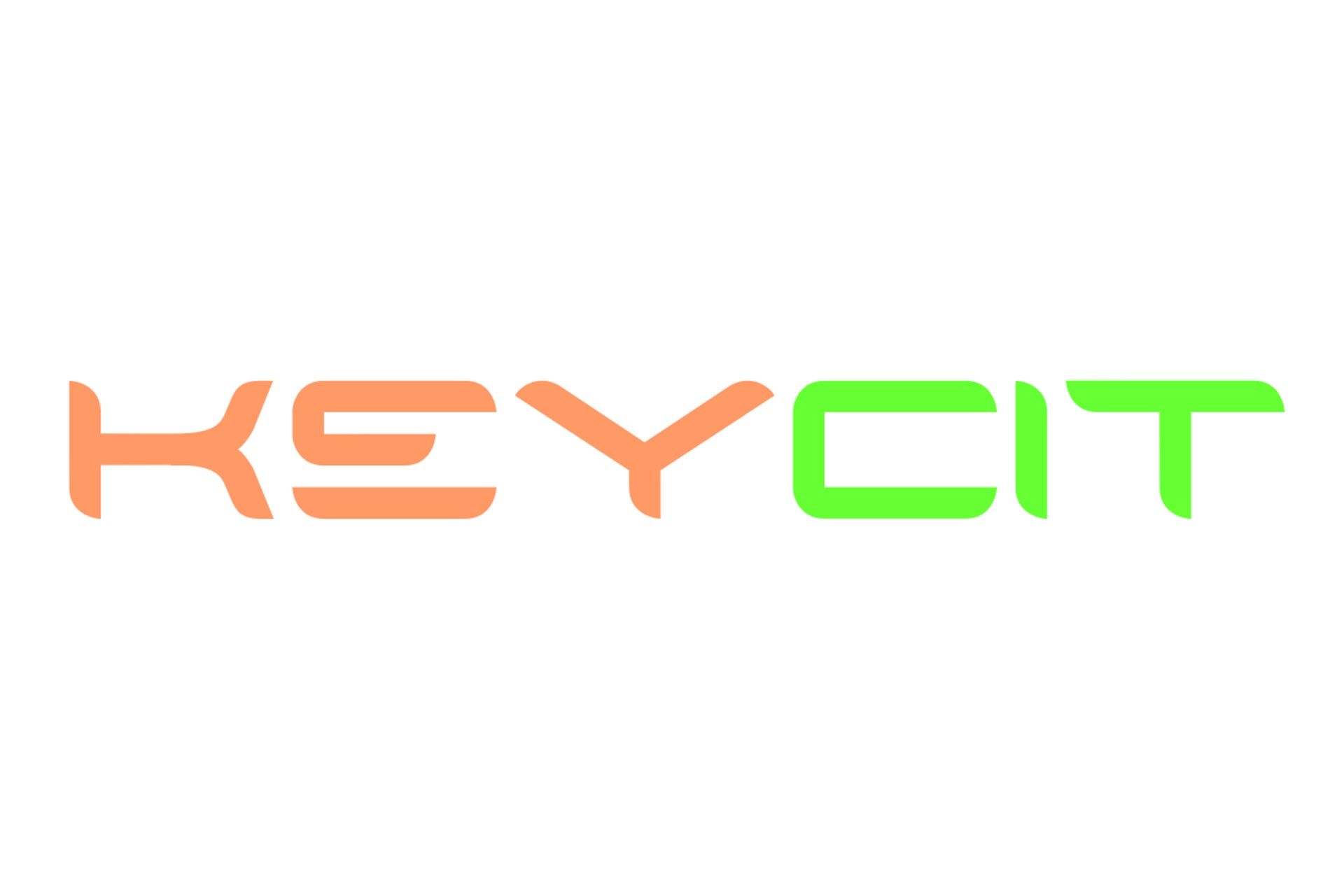11/11/2022
Finance
4 minutes of reading
Discover the Different Types of Pricing for your Startup
Authors
- Santander X Explorer
Categories

There are many types of pricing – today, we will discuss 14 of them. If you need to know them, we will also provide you with the definitions of these types of pricing.
First, what brought us here: what is the definition of “price”? We are talking about the value of the cost of a product or service, expressed in monetary terms. It is measured in monetary units, which have an assigned value that varies from country to country.
Thus, the price shows the trade-off between goods and services in the market. The laws of supply and demand govern people’s access to the market and sometimes government regulations too. Usually, the price assigned to a given product rises or falls depending on its demand. Hence, it is an economic compass for producing and consuming goods and services.
What types of pricing are out there?
Lum-sum price. This price stands for the estimated cost of a particular job, considering the inflation of the country where the work will be carried out. It is common in medium- and long-term works, so possible fluctuations in the cost of materials, labour, and services are considered.
Gross price. The real one – the total cost of a product or service before any discounts or taxes are applied.
Cost price. The price at which the sale of the product or service does not leave a profit margin; no profit is earned.
Demand price. The price consumers are willing to pay for what they get in return.
Regulated price. It is designated with a monetary consideration, only valid in sale and purchase or lease contracts.
Equilibrium price. It is the price of a product or service offered on the market, calculated according to the relationship between supply and demand. In other words, it is the amount consumers are willing to pay for something that producers supply in a certain quantity.
Fixed price. The value assigned to a product that is not subject to rebates or bargaining.
FOB price. This acronym is used in international trade to designate the “Free On Board” price. It refers to the specific sale value: transport, customs duties, insurance, and other expenses incurred before putting the product or service on sale – which the buyer bears.
Selling price. It is the given value to a specific product for its commercialisation; discounts and taxes are not considered, as we are talking about the original price that the manufacturer has suggested so that the seller can receive a profit margin.
Market price. It is the price induced by different market purchase and sale operations.
Net price. The price that consumers pay for a given product or service after adding or subtracting taxes or discounts.
Offer price. The designated price by the seller of the product, from which a portion must be subtracted – according to criteria established by the law of each country and other factors – that restrict the profit per sold unit.
Public price. The price established by the Administration for a specific service.
Unit price. It is the price assigned to each product unit so that its sale can be more detailed.
As you can see, the variety of price types is broad, but getting to know this terminology is necessary if you want to become an entrepreneur, so keep it up!
Source: https://www.webyempresas.com/tipos-de-precios/
Picture: Austin Distel on Unsplash.


